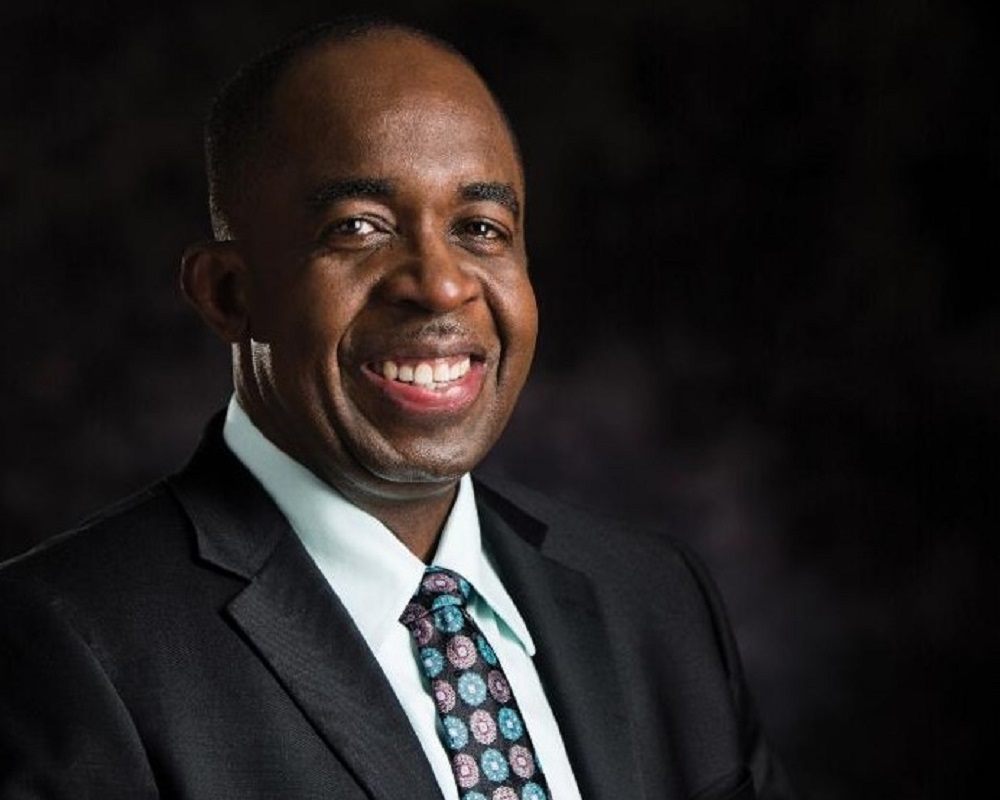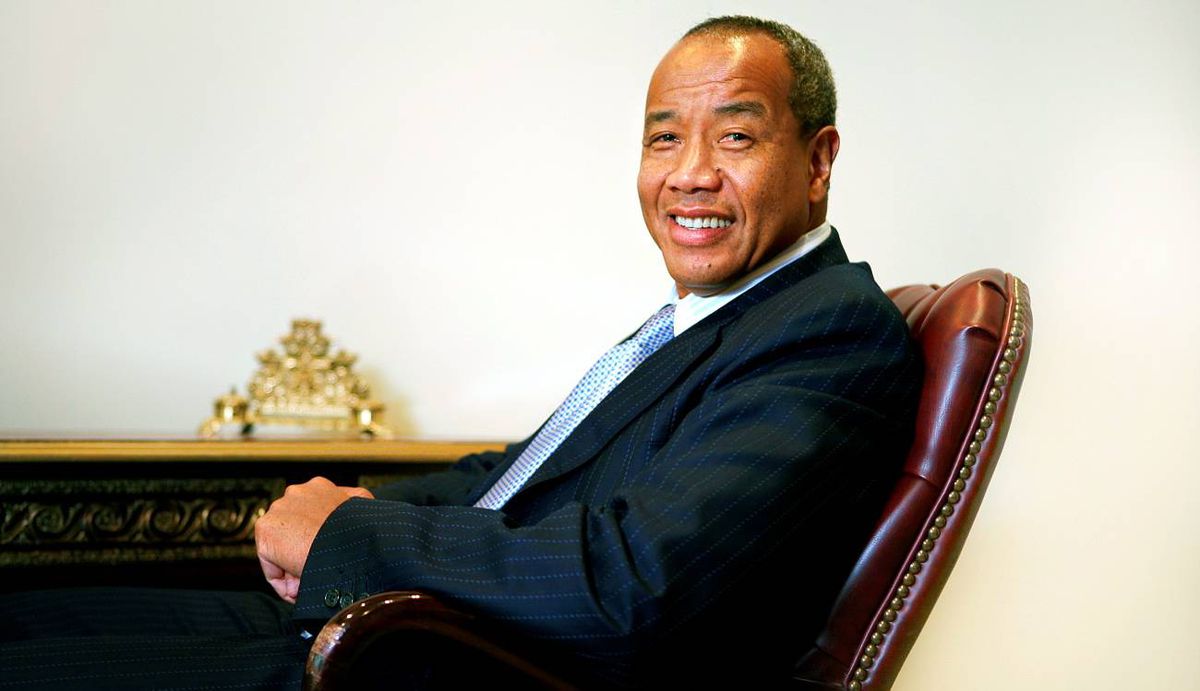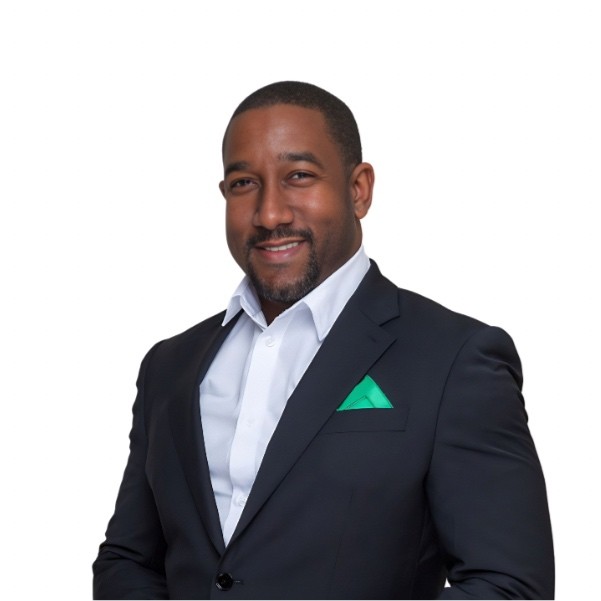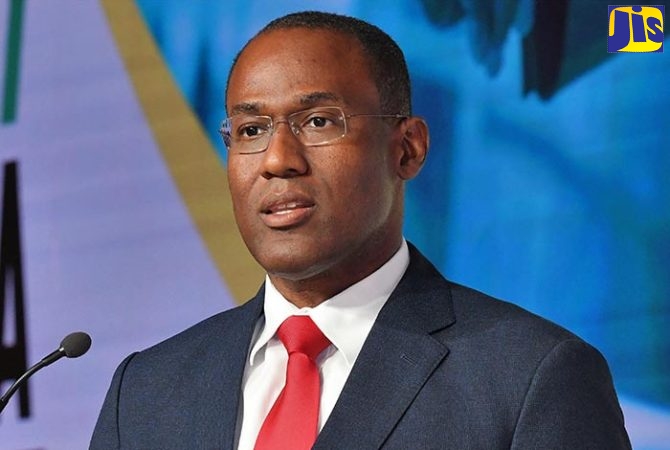In recent years, the Caribbean region has witnessed a burgeoning entrepreneurial spirit, with startups emerging across various industries. However, despite this growth, many startups in the Caribbean have yet to fully tap into the potential of eCommerce. In today’s digital age, eCommerce presents an invaluable opportunity for Caribbean startups to expand their reach, enhance competitiveness, and thrive in the global marketplace.
In this article, we will delve into why all Caribbean startups should embrace eCommerce, explore the potential for a thriving eCommerce sector in the region, and outline a step-by-step guide for startups to integrate eCommerce into their business models.
eCommerce, which is short for electronic commerce, refers to the buying and selling of goods and services over the internet. It encompasses a wide range of activities, including online retailing, electronic payments, digital marketing, and supply chain management. Essentially, eCommerce leverages digital technologies to facilitate transactions between businesses and consumers, breaking down geographical barriers and expanding market access.
Interestingly, the COVID-19 pandemic played a very crucial role in validating the ecommerce business model in our reason. A 2021 study by Retail Systems also found that 78% of people shopped more online during the pandemic. This trend is likely to continue for years to come.
The Caribbean region boasts a rich tapestry of cultures, landscapes, and economic activities. Despite facing challenges such as limited access to technology, logistical constraints, and fragmented markets, the Caribbean presents immense opportunities for eCommerce growth. The Inter-American Development Bank (IDB), has highlighted the potential for eCommerce to drive economic development and foster entrepreneurship in the region.
One notable player in the Caribbean eCommerce landscape is First Atlantic Commerce (FAC), a leading payment gateway provider. Headquartered in Bermuda and founded in 1998, First Atlantic Commerce (FAC) is a leading provider of secure and robust Internet payment solutions for merchants and acquiring banks in Central America and the Caribbean. Its solutions include multi-currency, real-time credit card and debit card processing, as well as online consumer authentication and other fraud management services.
FAC has been instrumental in creating an enabling environment for a regional eCommerce market by offering secure online payment solutions tailored to the needs of Caribbean businesses. Their efforts have helped facilitate cross-border transactions, mitigate fraud risks, and promote consumer trust in online shopping.
Now, let’s explore why Caribbean startups should prioritize eCommerce as part of their business strategy:
Expanded Market Reach. By establishing an online presence, Caribbean startups can transcend geographical limitations and reach customers beyond their local markets. This opens up opportunities to tap into regional and international markets, thereby increasing sales potential and revenue streams.
Enhanced Competitiveness. In today’s competitive landscape, embracing eCommerce allows Caribbean startups to stay ahead of the curve. By offering online purchasing options, streamlined checkout processes, and personalized customer experiences, startups can differentiate themselves from competitors and attract tech-savvy consumers.
Cost-Effectiveness. Compared to traditional brick-and-mortar stores, eCommerce offers cost-effective solutions for startups. Setting up an online store entails lower overhead costs, reduced need for physical infrastructure, and more efficient inventory management, thereby maximizing profitability and scalability.
Data-Driven Insights. eCommerce platforms provide valuable insights into consumer behavior, preferences, and purchasing patterns. By leveraging analytics tools, Caribbean startups can gather actionable data to optimize marketing strategies, tailor product offerings, and improve overall business performance.
Now that we’ve established the importance of eCommerce for Caribbean startups, let’s outline a step-by-step guide for integrating eCommerce into their business models:
Step 1: Conduct Market Research.
Start by conducting thorough market research to identify target audiences, assess demand for your products or services, and analyze competitors in the eCommerce space. Understanding market trends, consumer preferences, and competitive landscape will inform your eCommerce strategy.
Step 2: Choose the Right eCommerce Platform.
Selecting the right eCommerce platform is crucial for building a successful online store. Consider factors such as ease of use, customization options, scalability, security features, and integration capabilities. Popular eCommerce platforms in the Caribbean include Wipay, eZeepayments, Fygaro and GetPaid to name a few.
Step 3: Develop a User-Friendly Website.
Design a visually appealing and user-friendly website that showcases your brand identity, product offerings, and value proposition. Optimize the website for mobile responsiveness, fast loading times, intuitive navigation, and seamless checkout experiences to enhance user engagement and conversion rates.
Step 4: Secure Online Payments.
Partner with a reputable payment gateway provider like First Atlantic Commerce to facilitate secure online transactions. Implement robust security measures such as SSL encryption, PCI compliance, and fraud prevention tools to safeguard customer data and build trust in your eCommerce platform.
Step 5: Create Compelling Content and Marketing Strategies
Generate engaging content, including product descriptions, images, videos, and blog posts, to attract and retain customers. Develop comprehensive marketing strategies encompassing SEO, social media marketing, email campaigns, influencer partnerships, and paid advertising to drive traffic to your online store and generate sales.
Step 6: Optimize for Search Engines
Optimize your eCommerce website for search engines to improve visibility and organic traffic. Conduct keyword research, optimize metadata, create SEO-friendly URLs, and build quality backlinks to rank higher in search engine results pages (SERPs) and attract qualified leads.
Step 7: Provide Excellent Customer Service
Deliver exceptional customer service by offering responsive support channels, clear communication, and hassle-free returns and exchanges. Prioritize customer satisfaction and loyalty to foster long-term relationships and positive word-of-mouth referrals.
eCommerce presents a compelling opportunity for Caribbean startups to accelerate growth, expand market reach, and thrive in the digital economy. By embracing eCommerce and following a strategic approach to implementation, startups can unlock new avenues for revenue generation, enhance competitiveness, and create lasting value for customers. With organizations like First Atlantic Commerce paving the way for a vibrant eCommerce ecosystem in the Caribbean, the future looks promising for startups willing to seize the opportunities presented by eCommerce.© Germaine A. Bryan, 2024
Sources: EY.com, premierds.com
 Germaine Bryan is an entrepreneur, advisor, lecturer and startup coach supporting startups and small, and medium-sized businesses in the Jamaican MSME sector. Germaine is a skilled tactician in strategic business planning and has helped hundreds of entrepreneurs build their capacity to operate at scale. Germaine is the Principal Consultant of Gerbry Business Ltd. For enquires. please email gerbrybusiness@gmail.com.
Germaine Bryan is an entrepreneur, advisor, lecturer and startup coach supporting startups and small, and medium-sized businesses in the Jamaican MSME sector. Germaine is a skilled tactician in strategic business planning and has helped hundreds of entrepreneurs build their capacity to operate at scale. Germaine is the Principal Consultant of Gerbry Business Ltd. For enquires. please email gerbrybusiness@gmail.com.



 Businessuite Women2 weeks ago
Businessuite Women2 weeks ago
 Businessuite News243 weeks ago
Businessuite News243 weeks ago
 Businessuite News242 weeks ago
Businessuite News242 weeks ago
 Businessuite News24 International3 weeks ago
Businessuite News24 International3 weeks ago
 Corporate Feature3 weeks ago
Corporate Feature3 weeks ago
 Businessuite Markets3 weeks ago
Businessuite Markets3 weeks ago
 Business Insights2 weeks ago
Business Insights2 weeks ago
 Businessuite Women4 weeks ago
Businessuite Women4 weeks ago










 1. Time Becomes Your Most Valuable Currency
1. Time Becomes Your Most Valuable Currency




 Germaine Bryan is an entrepreneur, advisor, lecturer and startup coach supporting startups and small, and medium-sized businesses in the Jamaican MSME sector. Germaine is a skilled tactician in strategic business planning and has helped hundreds of entrepreneurs build their capacity to operate at scale. Germaine is the Principal Consultant of Gerbry Business Ltd. For enquires. please email gerbrybusiness@gmail.com.
Germaine Bryan is an entrepreneur, advisor, lecturer and startup coach supporting startups and small, and medium-sized businesses in the Jamaican MSME sector. Germaine is a skilled tactician in strategic business planning and has helped hundreds of entrepreneurs build their capacity to operate at scale. Germaine is the Principal Consultant of Gerbry Business Ltd. For enquires. please email gerbrybusiness@gmail.com.






